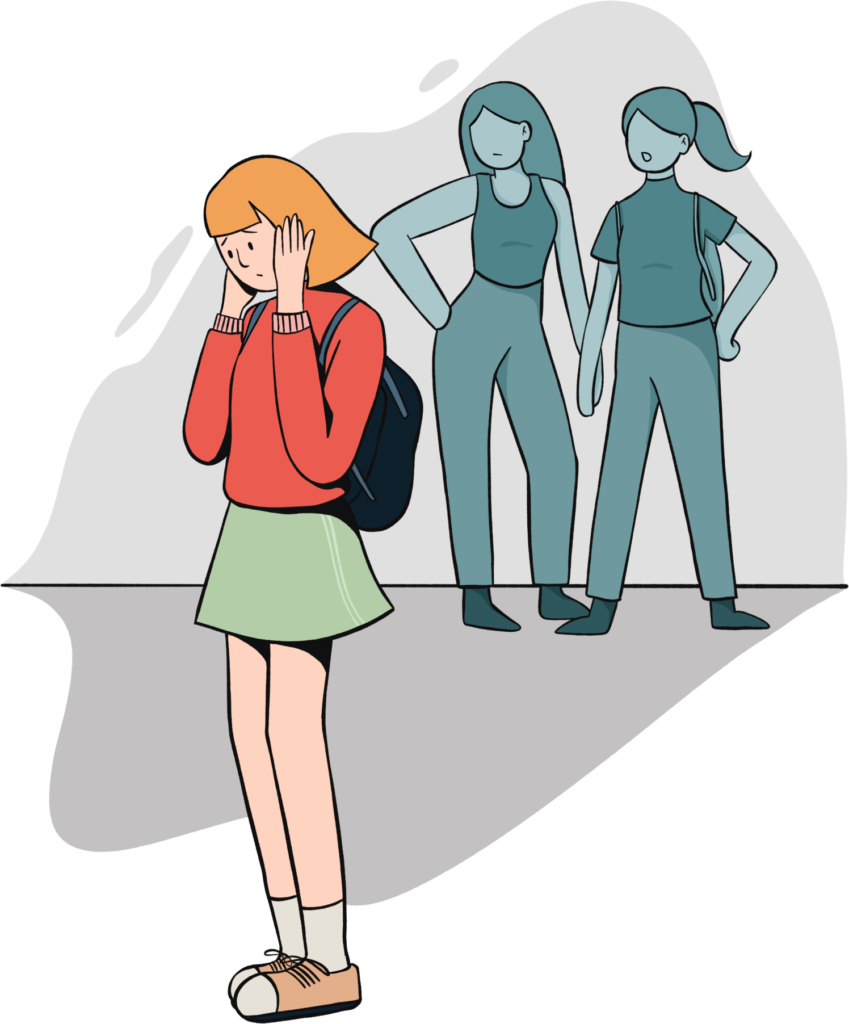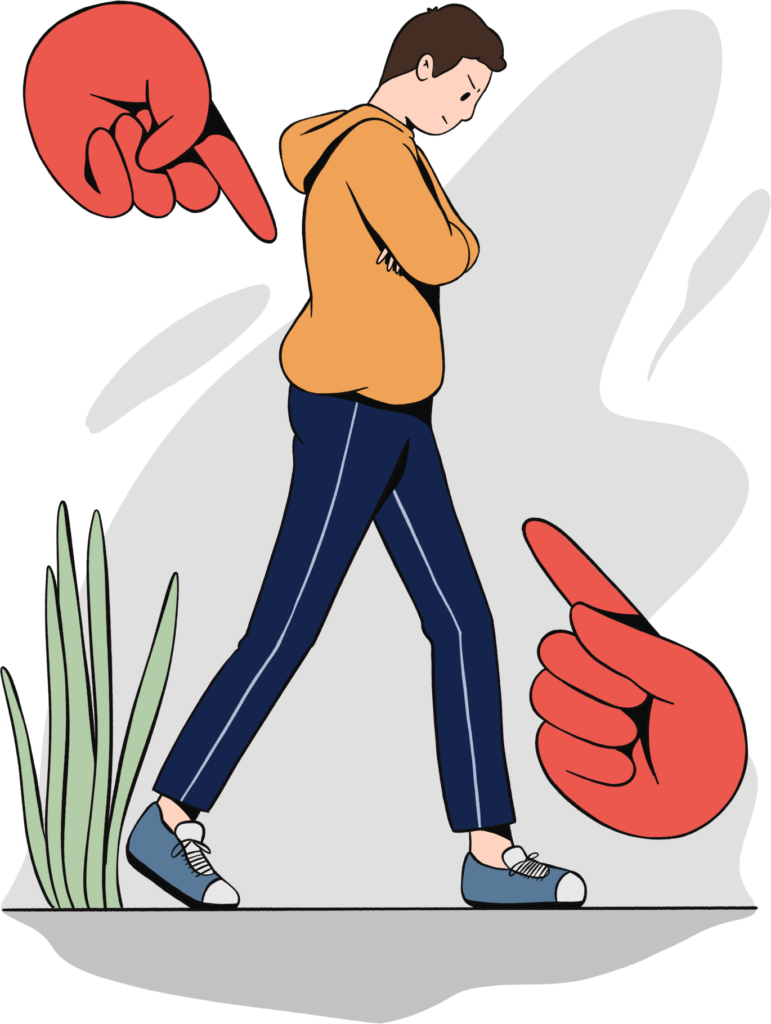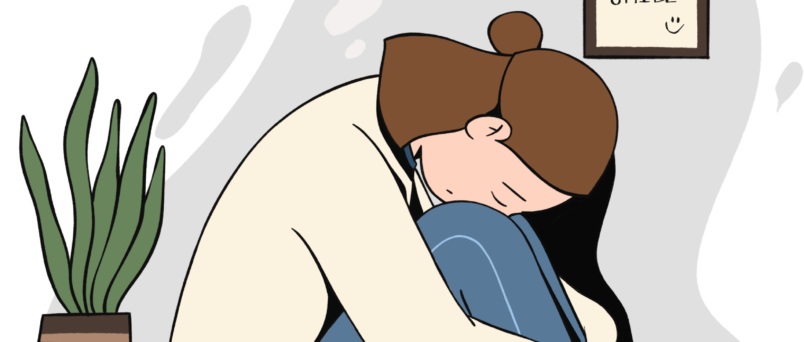Depression: Physical and Mental
Depression and physical health are closely intertwined. While most people view depression as a purely mental struggle, its effects ripple through the entire body. Understanding this mind-body connection is crucial for fostering holistic wellness.
How Depression Affects the Body
Depression doesn’t just alter your mood—it disrupts many of the body’s natural functions. From sleep and appetite to immune responses, the toll on physical health is real and measurable. Studies show a link between depression and physical health conditions like chronic pain, fatigue, and heart disease.
Neurochemical Disruption
Depression affects neurotransmitters like serotonin and dopamine. These brain chemicals regulate both emotion and physical responses. When they’re out of balance, your body can experience fatigue, changes in digestion, and aches.
The Immune System’s Struggle
When you’re in a depressive state, your immune system weakens. As a result, you become more vulnerable to infections and slower to heal. Chronic stress—common in untreated depression—can elevate inflammation and increase your risk of autoimmune issues.

Depression and Heart Health
One lesser-known effect of depression on physical health is its impact on the heart. Research suggests that individuals with depression have a higher risk of cardiovascular issues, including high blood pressure and heart disease. This connection highlights the importance of addressing both mental and physical health together.
How Lifestyle Changes Can Help
While professional support is key, simple lifestyle adjustments can also make a significant difference. These changes won’t replace treatment—but they support your overall well-being.
1. Exercise Regularly
Physical activity helps release endorphins, often called “feel-good” chemicals. Regular exercise can reduce symptoms of depression and improve physical resilience.
2. Eat a Balanced Diet
What you eat affects how you feel. Foods rich in omega-3s, B vitamins, and protein help support brain function and reduce inflammation—benefiting both your mental and physical health.
3. Prioritize Quality Sleep
Sleep disturbances are a common symptom of depression. However, getting consistent, restful sleep is crucial for healing. Create a routine that limits screen time and encourages wind-down practices at night.

Breaking the Chains: The Role of Lifestyle Factors in Alleviating Depression’s Grip
Engaging in regular physical activity, adopting a balanced diet, and ensuring sufficient sleep can serve as powerful tools in mitigating the impact of depression on physical health. These lifestyle adjustments contribute not only to mental resilience but also foster a robust foundation for overall well-being.
Acknowledging the intricate link between depression and physical health is the first step toward fostering a holistic approach to well-being. Seeking mental health support, whether through therapy, support groups, or other avenues, becomes imperative in breaking the chains that bind mental and physical health.
In conclusion, understanding the profound connection between depression and physical health illuminates the path towards holistic well-being. By recognizing the intricate interplay between the mind and body, we empower ourselves to break free from the shackles of silent struggles and move towards a future of comprehensive health.
Resources
- More Life Recovery Center: moreliferecoverycenter.com – Located in Metuchen, New Jersey, More Life Recovery Center offers comprehensive treatment programs tailored to individual needs, focusing on holistic recovery.
- SAMHSA’s National Helpline: 1-800-662-HELP (4357) – A confidential, free, 24/7 helpline available in English and Spanish for individuals facing substance use disorders.
- Alcoholics Anonymous (AA): aa.org – A global community-based program offering peer support for people who have had issues with alcohol.
- Narcotics Anonymous (NA): na.org – Similar to AA, NA provides community support for individuals looking to overcome drug addiction.
- National Institute on Drug Abuse (NIDA): drugabuse.gov – NIDA offers a plethora of information on drugs of abuse, prevention, and treatment.
- SMART Recovery: smartrecovery.org – An international non-profit offering free mutual support meetings for individuals seeking abstinence from addiction.
- Celebrate Recovery: celebraterecovery.com – A Christian-based, 12-step recovery program for anyone struggling with hurt, habits, or hang-ups.
- In The Rooms: intherooms.com – An online platform providing free weekly online meetings for those recovering from addiction and related issues.
- Sober Nation: sobriety.com – A resource offering a directory of treatment centers, daily news about recovery, and other tools to help those in recovery.
- Recovery.org: recovery.org – This site offers tools and information to help individuals recognize and overcome substance addiction, including a directory of rehab centers.
It’s always important to consult with professionals or trusted individuals when deciding which resources are the best fit. Overcoming addiction is a personal journey, and the best resource often depends on the individual’s unique circumstances and needs.

